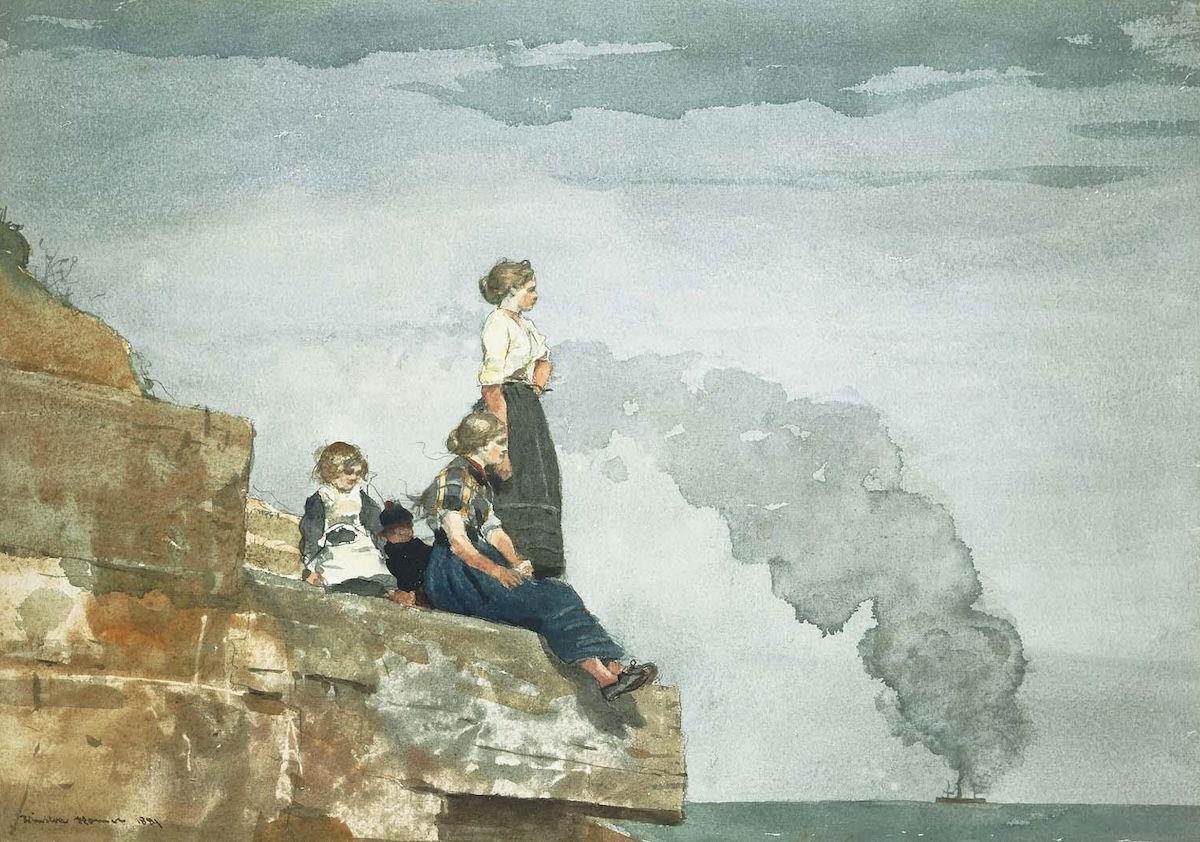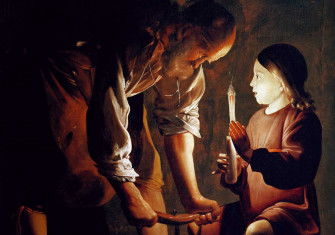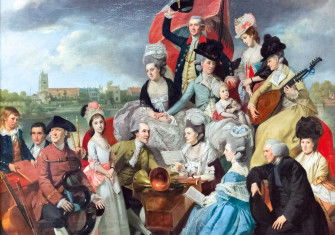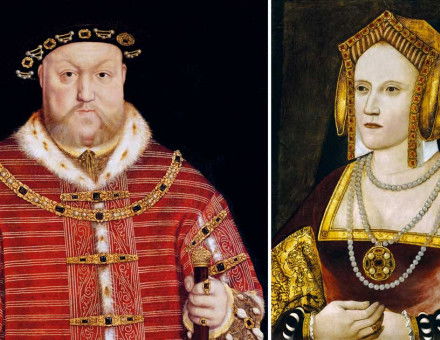‘Scholars and Their Kin’ review
Scholars and Their Kin: Historical Explorations, Literary Experiments, edited by Stéphane Gerson, has historians scaling their family trees.

In an inexplicable moment of synchronicity, this book was brought to my attention as I was drafting an abstract for a conference about my father. A year ago, the idea that I would be developing a scholarly talk about my dad would have been unthinkable. But following his sudden death last summer, I find myself cast into a place where past, present, and future merge in surreal ways. I have become the custodian of my father’s legacy; I need to sift through his past, his family’s, my family’s; I need to come to terms with his influence – on me, and on people I have never even met. My talk will be part of an event organised by his colleagues, honouring his work as a civil servant and archaeologist for the State of New York. I will talk about a person who ‘happens to be’ my father, to an audience of people who knew him very differently.
I have borrowed this ‘happens to be’ formulation from Stéphane Gerson’s introduction to this important, creative, and deeply moving collection of essays. The essays cover a range of experiences relating to families that ‘happen to be’ those of the contributing authors. This phrase, ‘happen to be’, contains the germ of a profound problem. Historians are taught to look for cause and effect, not coincidence, or contingency, or accident – these things too often defy explanation and so are beyond (or below?) our remit. But when it comes to our parents, siblings, aunts, uncles, we never do have a choice; they just ‘happen to be’. The editor and contributors to this volume have taken this accident and turned it into an opportunity to shed light on methodology, on events, and on approaches to humanistic work now and for the future.
This book feels timely for more than personal reasons. For the past three or four generations, the humanities have become ever more professionalised and, at times, problematically aligned with discourses of hard science. Post-modernism notwithstanding, objectivity has become a cherished goal of all scholarship. Arguably, this more scientific orientation has led to a distant, even unfeeling approach to the study of human experience that does little to enhance our understanding of it. In a more positive vein, the same few generations have opened academia as a career path for more than just the white, male, and privileged. This may be why academia has lost its sense of complacency. Professional historians are increasingly self-aware, probably because so many of us do not come from traditional or conventional academic backgrounds. Even my own father feels a part of that opening up: his father, my grandfather, was a machinist at a factory in Buffalo, New York, ‘a place of steel and prisons’, as Martha S. Jones calls the city where I was born. Jones’ wonderful essay is about her parents’ interracial marriage, which also crossed deep religious and geographical boundaries. She goes on to say that her Buffalo-born mother was ‘a working-class, high school valedictorian for whom social mobility meant working in offices rather than factories’. This sentence could have been written about my dad.
Many of the essays in this collection deal with difficult topics in microcosm and macrocosm: untimely death, secrets, scandal, silence, violence, untruth, myths of origin, identity, the desire to forget. But the authors never flinch away from the emotional nature of writing about ‘kin’. The essays draw on personal and official archives, interviews, individual recollections, photographs, and objects. This unusual blend of emotional connection with deep, specialist research makes for profound storytelling and fascinating reading. Even the most unique personal memories reveal widely applicable methodological truths. Martha Hodes’ recollection of the 1970 hijacking of the El Al plane on which she was a 12-year-old passenger travelling with her 13-year-old sister, along with her father’s ‘archive’ of material relating to this upsetting episode in the family’s history, demonstrates the difficulty of recovering the ‘facts’ of events, even when one has literally lived through them. Myth-making, personal curation, and the shaping of (family) history is one of the most interesting themes of the book. Similarly, the seeming certainties of identity and origin are problematised in essays by Leslie M. Harris and Tao Leigh Goffe. Racial and ethnic identities are never straightforward reflections of reality. Especially in emigrant contexts, the choices made by (and for) close relatives, some of whom have vanished from the historical record, continue to have profound effects on later generations.
Most striking (to me) was Christine Détrez’ humane and beautifully researched essay about her mother, who died in a road accident at just 26, when the author was a toddler. Détrez pieces together her mother’s life based on interviews with women who knew her or who experienced the same education and young adulthood that she did. Through this we learn about the cloying moral regime of postwar France, the rigid expectations placed on girls as young as 15 training as primary school teachers, and the autonomy gained by choosing, as Détrez’ mother did, to teach in a former French colony. It is rare to be moved to tears by academic writing.
That is not to say the essays are free from missteps. A few of the contributions tend towards bombast and pretentious language, and there are occasional gratuitous references to obscure or irrelevant scholarship, clearly calculated to elevate otherwise bathetic points. But for the most part one is simply carried away by the moving narratives told here and by the light they shed on wider human experience. This is an important volume that serves to remind us of the value of studying human experience in all its variety, however close to, or distant from, our own. Empathy and imaginative sympathy are urgent and vital skills for humanists today – arguably we have been much too long in acknowledging their importance.
-
Scholars and Their Kin: Historical Explorations, Literary Experiments
Edited by Stéphane Gerson
The University of Chicago Press, 248pp, £30
Buy from bookshop.org (affiliate link)
Martha Vandrei is a senior lecturer in history at the University of Exeter.






